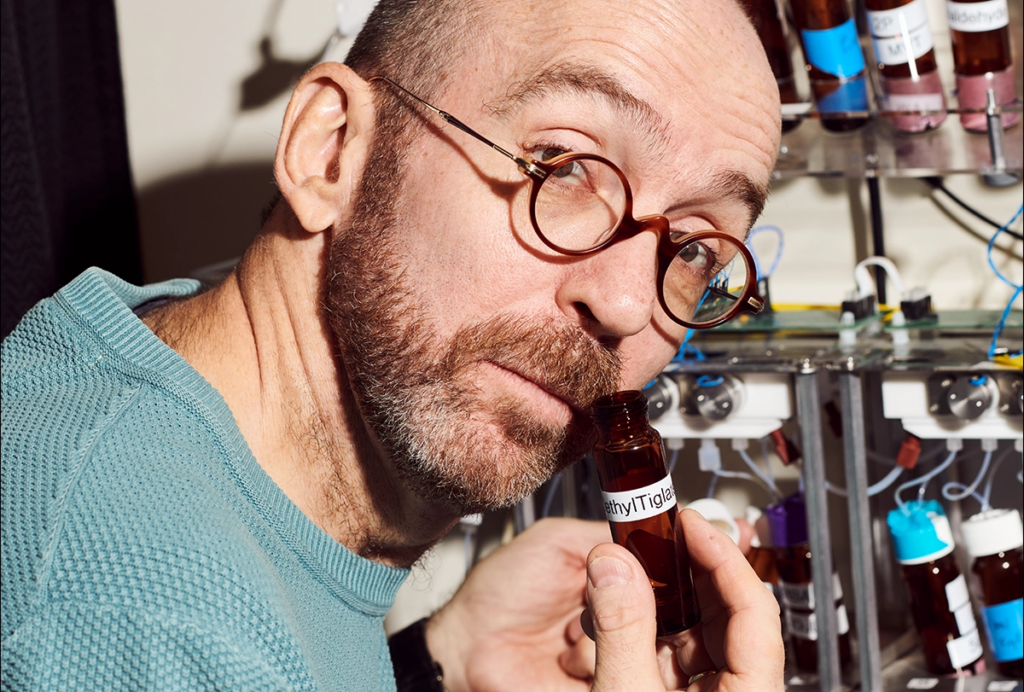Lina Zeldovich is an award-winning journalist whose stories have appeared in Popular Science, Smithsonian, The New York Times, National Geographic and Reader’s Digest, among other publications. Her previous book, “The Other Dark Matter: The Science and Business of Turning Waste Into Wealth and Health,” has been optioned for a TV series. Her new book, “The Living Medicine: How a Lifesaving Cure Was Nearly Lost—and Why It Will Rescue Us When Antibiotics Fail,” was released from St. Martin’s Press in October 2024.
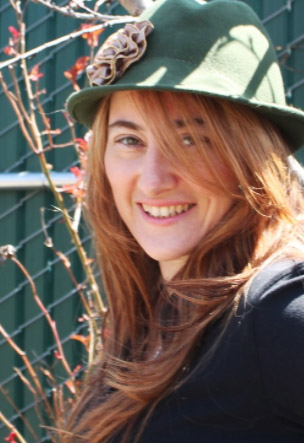
Lina Zeldovich
Freelance journalist and editor
From this contributor
Sniffing out the mysteries of olfaction
A background in physics, and his own curiosity, have helped Dmitry Rinberg tackle the complexities of the neuroscience of smell.
Now hiring: What autistic people need to succeed in the workplace
Autistic adults have more job opportunities than they used to, and a small neurodiverse workforce is thriving — but mainly at select companies that invest heavily in such employees.
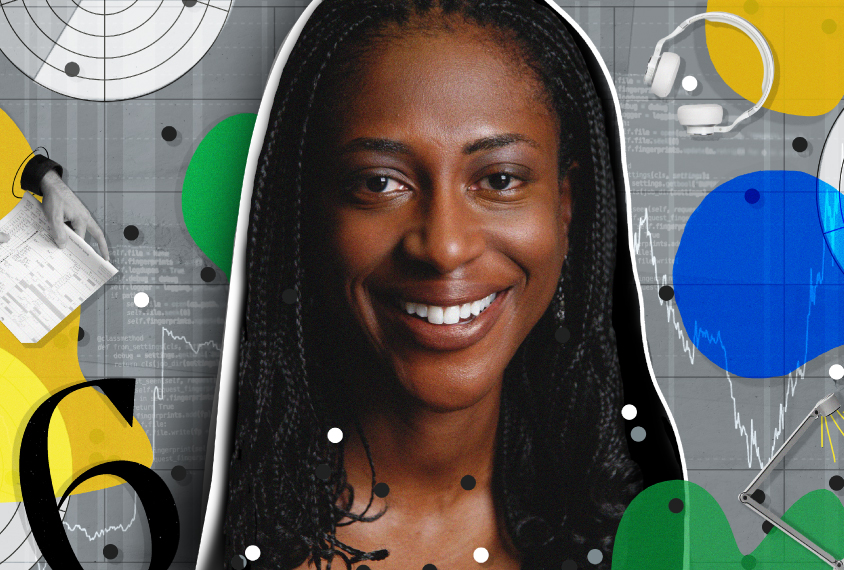
Now hiring: What autistic people need to succeed in the workplace
How history forgot the woman who defined autism
Grunya Sukhareva characterized autism nearly two decades before Austrian doctors Leo Kanner and Hans Asperger. So why did the latter get all the credit?
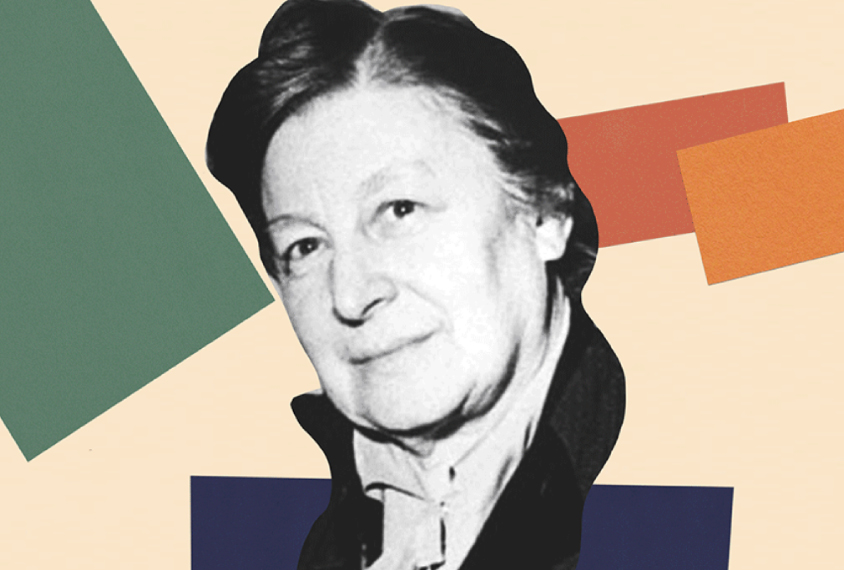
How history forgot the woman who defined autism
The evolution of ‘autism’ as a diagnosis, explained
From a form of childhood schizophrenia to a spectrum of conditions, the characterization of autism in diagnostic manuals has a complicated history.
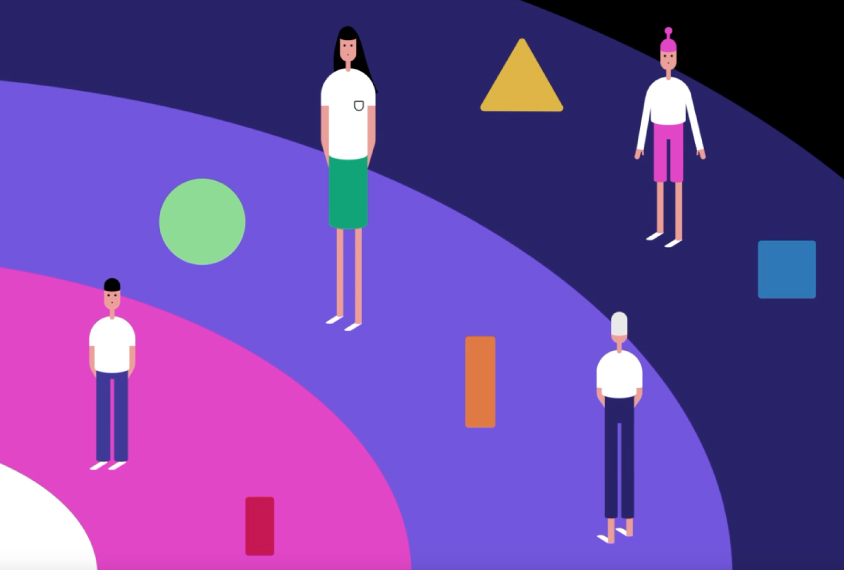
The evolution of ‘autism’ as a diagnosis, explained
Why the definition of autism needs to be refined
Five years after its latest revision, the manual used to diagnose autism is back under scrutiny, as evidence suggests it excludes some people on the spectrum.
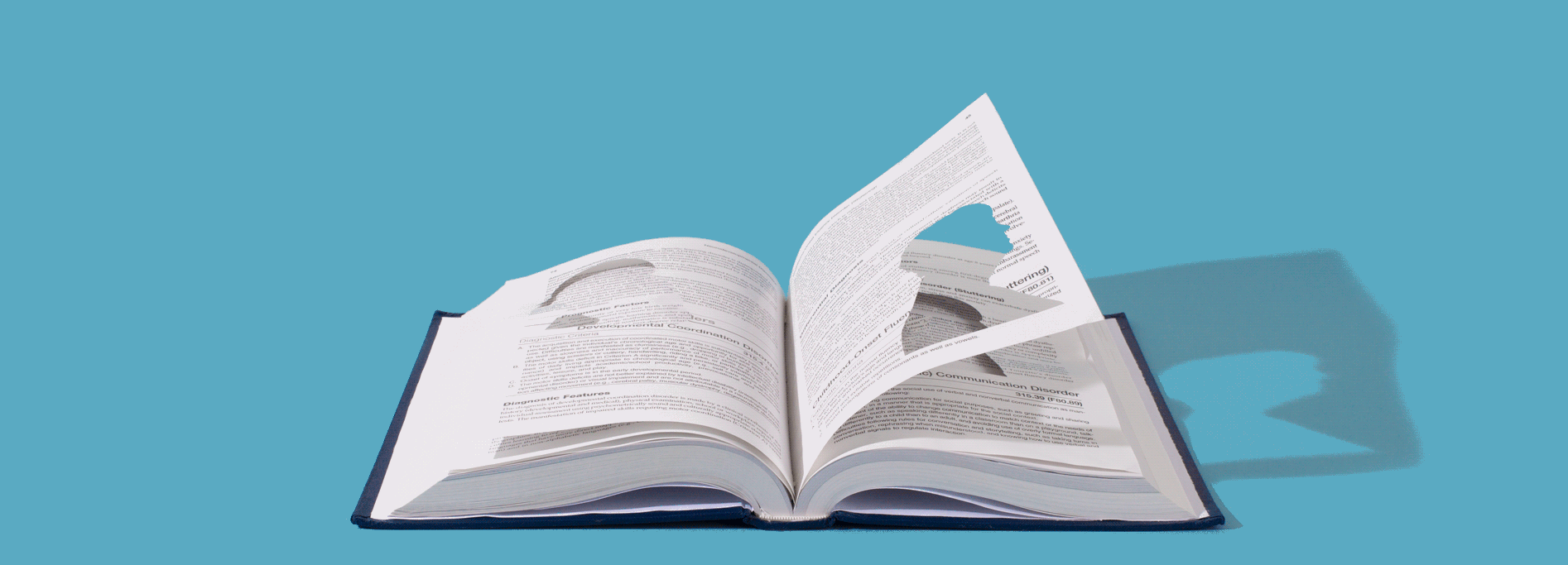
Why the definition of autism needs to be refined
Explore more from The Transmitter
Dendrites help neuroscientists see the forest for the trees
Dendritic arbors provide just the right scale to study how individual neurons reciprocally interact with their broader circuitry—and are our best bet to bridge cellular and systems neuroscience.

Dendrites help neuroscientists see the forest for the trees
Dendritic arbors provide just the right scale to study how individual neurons reciprocally interact with their broader circuitry—and are our best bet to bridge cellular and systems neuroscience.
Two primate centers drop ‘primate’ from their name
The Washington and Tulane National Biomedical Research Centers—formerly called National Primate Research Centers—say they made the change to better reflect the breadth of research performed at the centers.

Two primate centers drop ‘primate’ from their name
The Washington and Tulane National Biomedical Research Centers—formerly called National Primate Research Centers—say they made the change to better reflect the breadth of research performed at the centers.
Post-infection immune conflict alters fetal development in some male mice
The immune conflict between dam and fetus could help explain sex differences in neurodevelopmental conditions.

Post-infection immune conflict alters fetal development in some male mice
The immune conflict between dam and fetus could help explain sex differences in neurodevelopmental conditions.
